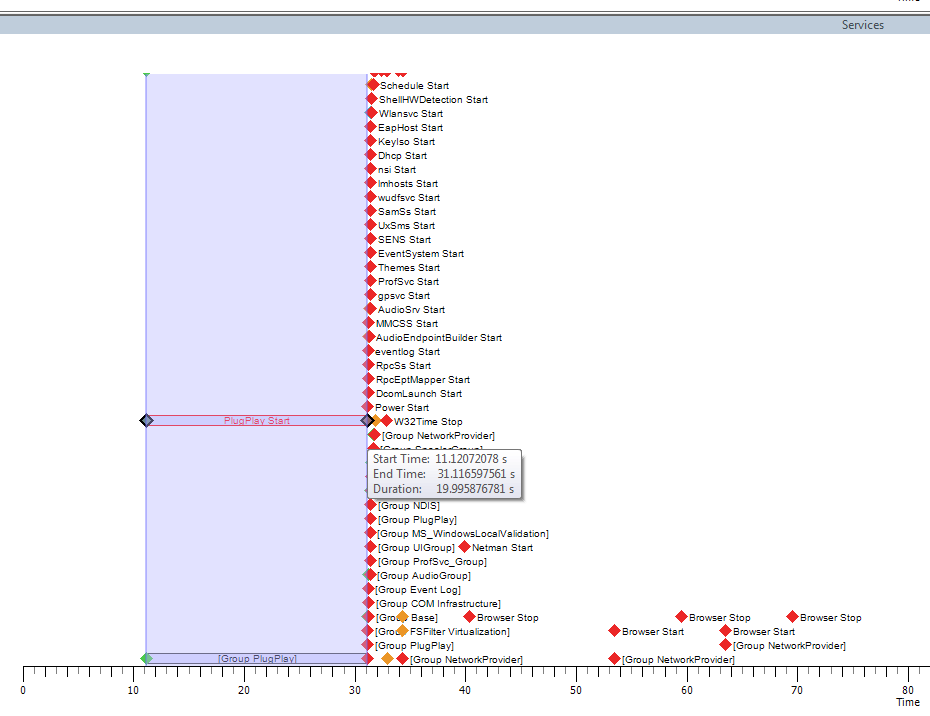C Windows Prefetch Readyboot Readyboot Etl
Sep 26, 2011 - As a result, events might be lost (not logged) to file 'C: Windows Prefetch ReadyBoot ReadyBoot.etl'. The maximum files size is currently set to. Nov 19, 2016 - As a result, events might be lost (not logged) to file 'C: Windows Prefetch ReadyBoot ReadyBoot.etl'. The maximum files size is currently set to. I've disabled both Readyboost and Superfetch, but I'm still seeing the Windows Prefetch files being accessed, specifically readyboot.etl.
I have been monitoring write activity to the following file.
Since I have Windows 7 installed on an SSD, that there would not be any readyboost activity.
 Incoming Search Terms: • Aambala movie songs • Aambala songs download • Aambala movie mp3 songs masstamilan • Aambala high quality songs • Aambala mp3 songs 320kbps • Aambala starmusiq • Aambala songs rar/zip download • Aambala songs download starmusiq • Aambala songs download starmusiqcc.com • Aambala songs download tamiltunes • Aambala songs download saavn gaana itunes • Aye Aye Aye mp3 song download • Madras To Madurai mp3 song download • Pazhagikalam mp3 song download • Va Va Va Vannila mp3 song download • Yaarenna Sonnalum mp3 song download.
Incoming Search Terms: • Aambala movie songs • Aambala songs download • Aambala movie mp3 songs masstamilan • Aambala high quality songs • Aambala mp3 songs 320kbps • Aambala starmusiq • Aambala songs rar/zip download • Aambala songs download starmusiq • Aambala songs download starmusiqcc.com • Aambala songs download tamiltunes • Aambala songs download saavn gaana itunes • Aye Aye Aye mp3 song download • Madras To Madurai mp3 song download • Pazhagikalam mp3 song download • Va Va Va Vannila mp3 song download • Yaarenna Sonnalum mp3 song download.
Why is that file being written to? I thought these sort of services were disabled automatically.
Session Readyboot Stopped
EDIT: There is no ReadyBoost service I can see.


1 Answer
There is a difference between ReadyBoost and ReadyBoot.
On systems with more than 700MB of RAM, ReadyBoot uses data from 5 previous boots to create a plan for a boot-time memory cache. Similar to Windows XP prefetcher, it will try to preload files into RAM before they are needed. All memory used by ReadyBoot is automatically released 90 seconds after booting up, or immediately if another service needs it, so it doesn't have negative performance consequences.
In other words, on an SSD system, ReadyBoot may not improve boot times by a lot, but it will utilize your fast RAM for what it's good for: serving as a fast cache for the disk. And even the fastest SDDs are still slower than RAM memory - disabling it would still make your booting slightly slower.
ReadyBoost, on the other hand, is mainly related to utilizing flash memory (USB sticks) for the swap file. In this case, an SSD wins performance-wise, and there is no point in using a slower USB flash drive for caching, so Windows 7 automatically disables it.